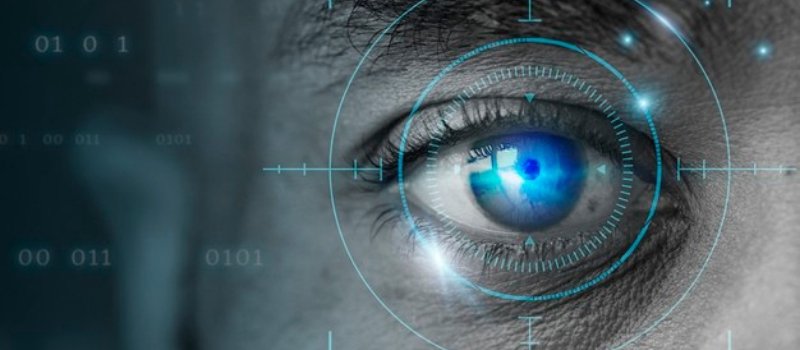
A Bachelor of Science (B.Sc.) in Digital and Cyber Forensic Science is a specialized program that focuses on the application of forensic science principles to investigate and analyze digital and cybercrimes. This program is designed to equip students with the knowledge and skills necessary to address the growing challenges of cybersecurity and digital crime. Here are the general course details and potential career opportunities associated with a B.Sc. in Digital and Cyber Forensic Science:
The program typically spans three to four years, divided into six to eight semesters.
Candidates should have completed their 10+2 education (or equivalent) with a strong background in science or relevant subjects.
Introduction to Digital Forensics
Cybercrime and Cybersecurity
Digital Evidence and Investigation
Computer Forensics
Network Forensics
Mobile Forensics
Cyber Law and Cyber Ethics
Cybersecurity Principles
Cryptography and Network Security
Malware Analysis
Incident Response and Handling
Cyber Threat Intelligence
Forensic Data Analysis
Ethical Hacking and Penetration Testing
Risk Management in Cybersecurity
Legal and Ethical Aspects of Cyber Forensics
Hands-on experience in digital forensic laboratories, cybersecurity firms, or law enforcement agencies.
Undertaking projects related to real-world digital and cyber forensic challenges.
Some programs may offer specializations or elective courses in areas such as advanced network forensics, cloud forensics, or cyber threat hunting.
Analyzing digital evidence from computers, storage devices, and digital media.
Conducting forensic examinations to uncover evidence of cybercrimes.
Identifying and mitigating security threats and vulnerabilities.
Implementing security measures to protect digital assets.
Responding to cybersecurity incidents and managing their resolution.
Developing incident response plans for organizations.
Analyzing network traffic and logs to identify security incidents. Investigating network-based cybercrimes.
Extracting and analyzing digital evidence from mobile devices. Investigating crimes involving smartphones and other mobile technologies.
Monitoring and analyzing cyber threats and vulnerabilities. Providing intelligence to enhance cybersecurity measures.
Analyzing malicious software to understand its behavior and impact. Developing strategies to detect and mitigate malware threats.
Identifying and exploiting vulnerabilities in systems to assess security. Conducting ethical hacking assessments for organizations.
Analyzing large sets of data to support forensic investigations. Using data analytics techniques to uncover patterns and trends.
Providing expert advice and consultancy services to organizations. Assisting in the development of digital forensic strategies.
Identifying and assessing cybersecurity risks for organizations.
Ensuring adherence to cybersecurity standards and regulations.
Offering expertise in legal matters related to cyber forensics.
Ensuring compliance with cyber laws and regulations.
Contributing to advancements in digital forensic methodologies.
Developing tools and technologies for digital and cyber forensic investigations.
Educator/Trainer in Cyber Forensics: Teaching and training in educational institutions or corporate settings.